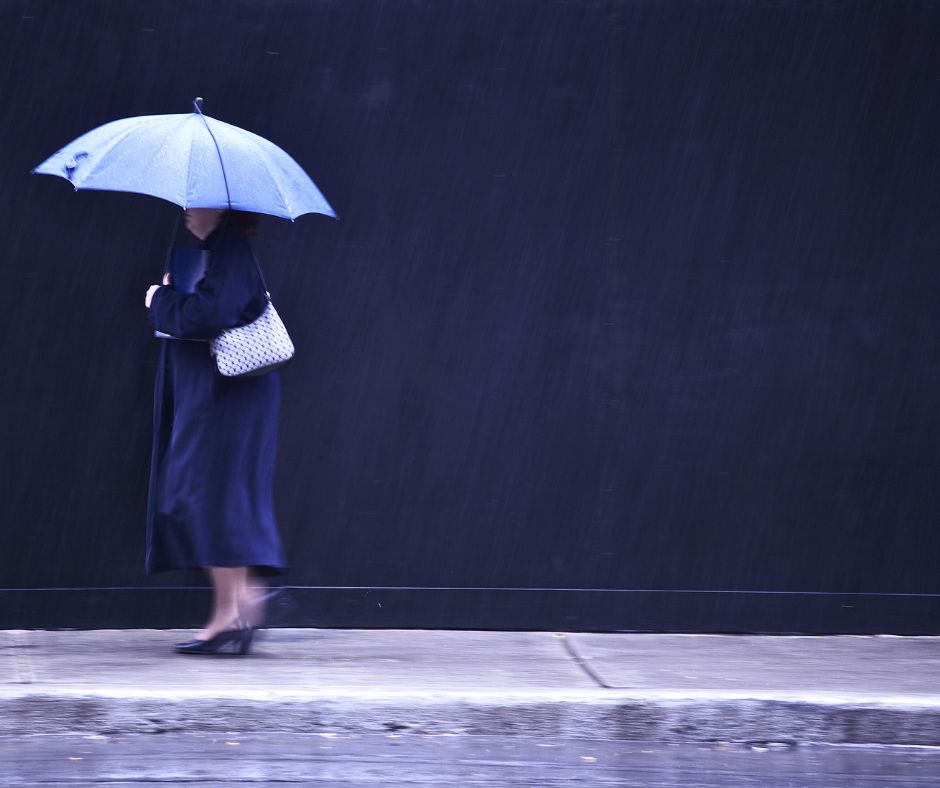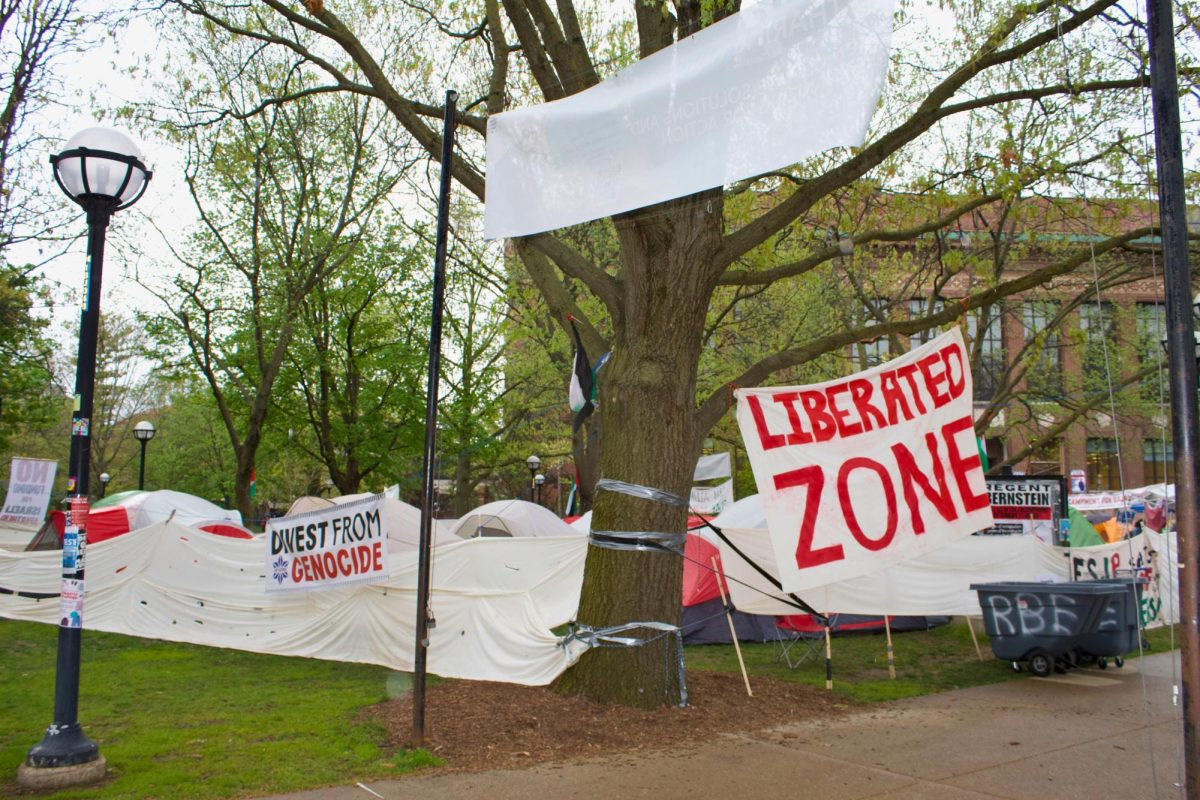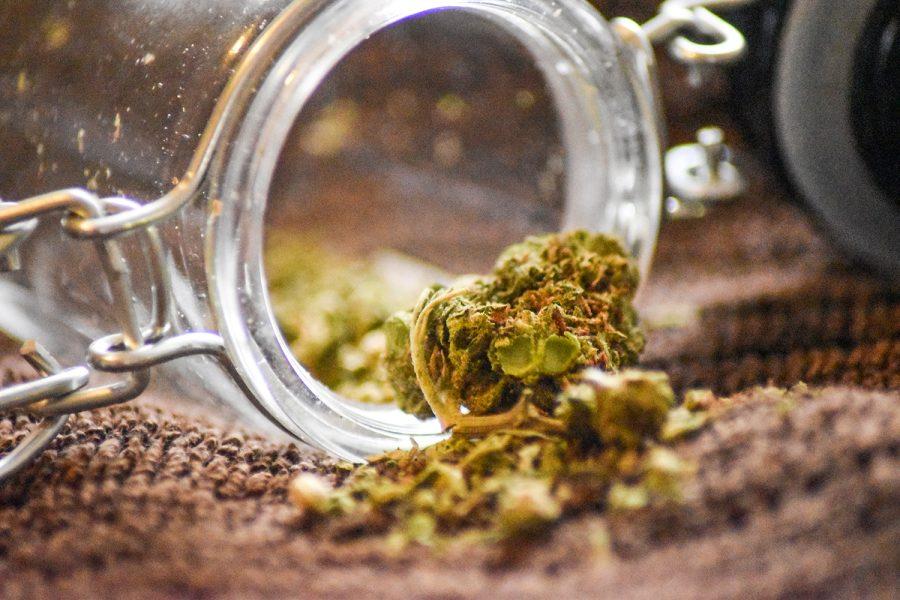Paramedics were taking away the dangerously drunk college freshman when a police officer put a minor-in-possession citation on her stretcher and told them to make sure she got it.
Hardly encouragement for people to get help for friends with alcohol poisoning, said Andrea Blank, a junior at the University of Missouri-Columbia.
That’s why she’s supporting a proposal by some student government candidates that would keep college officials from punishing students with alcohol poisoning, or fellow partygoers who try to get them help.
Already this school year, four college students — two in Colorado, one in Oklahoma, one in Virginia — have died after drinking so much that their bodies stopped working. One 19-year-old student at Colorado State died in a fraternity house after consuming 30 to 40 drinks. Her friends left her in an unused room, where her body was found 12 hours later.
In St. Louis, Washington University just banned alcohol at all official fraternity and sorority functions for the rest of this semester after a brawl on Fraternity Row that injured two security guards.
Colleges know the dangers of alcohol abuse, so while acknowledging that they can’t stop all student drinking, they’re trying different strategies to keep students safe.
At a conference Sunday and Monday in St. Louis, college officials, law enforcement officers, state liquor officials and national experts shared ideas for campus-community coalitions to reduce alcohol abuse.
“There is no silver bullet out there,” said Kim Dude, who leads MU’s Wellness Resource Center and will speak at the conference. “What works best is a comprehensive approach that … doesn’t just rely on the alcohol prevention office to address this issue.
“You can’t just educate students on making good choices. You also have to have a supportive environment for those choices. Bars, residential facilities, athletics — they all need to be part of that solution.”
Some of the efforts are student-driven, such as the Good Samaritan proposal at MU that a slate of candidates for student government hopes will prevent alcohol-poisoning deaths.
If elected, the candidates say, they’ll urge university officials to punish neither the students who seek emergency medical help for other students, nor the sick students themselves, for violating campus alcohol rules.
Although the change would not prevent a police officer from citing a minor, it would make students more likely to seek help, the candidates believe.
“You shouldn’t be punished for doing the right thing,” said Greg Chase, a candidate for vice president at MU. “Putting a student’s life on the line should not be a question.”
Students shouldn’t worry about the consequences of doing the right thing, he said.
At the University of Kansas, sororities recently chose to stop using a caterer in part because it wasn’t adequately keeping out underage drinkers and had begun charging a $275 service fee if partygoers didn’t spend enough money on drinks. The sororities worried the fee encouraged excessive drinking.
Many colleges, including KU and MU, also have embraced “social norming” campaigns that tell students their peers don’t drink as much as students think they do.
And an increasingly popular strategy involves intervention sessions for students who have run into trouble.
Jason Kilmer, addictive behaviors specialist at Evergreen State College in Washington, is scheduled to talk at the St. Louis conference about interventions. He recommends that the counselor or peer adviser address the student in a nonjudgmental, nonconfrontational way and ask what the student sees as motivation for cutting back.
Some students might be motivated by realizing they’re spending too much money on liquor. Others begin to change if helped to realize how they’re hurting themselves academically, he said.
For several years now, MU has banned alcohol in fraternity houses where there are freshmen residents. The university also recently began notifying parents when students are in danger of losing the right to live on campus, or are being suspended or expelled because of drug or alcohol use.
Blank, who is from Kansas City’s Northland, serves on a committee of Greeks Advocating Mature Management of Alcohol. She said she supports many of MU’s anti-alcohol programs. But she worries that the frat-house alcohol ban has prompted more drinking and driving.
Dude did say drunken-driving arrests are up in the last few years, but attributed the increase to stepped-up police enforcement.
Colleges “are definitely never going to get everybody to totally change who they’re going to be,” Blank said. ” … But I think we’re in the right direction.”






















